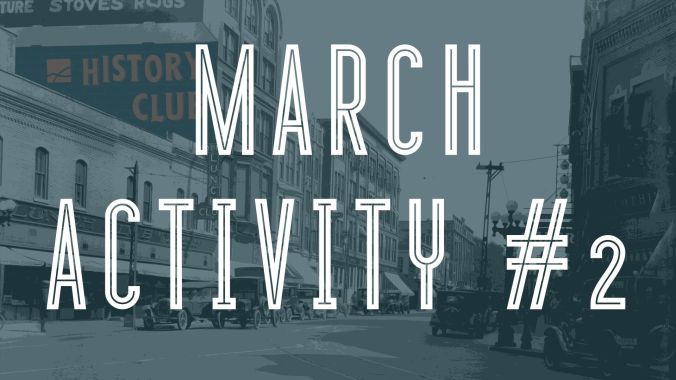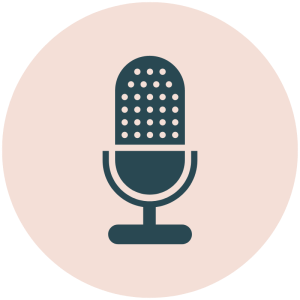
As Activity #1 demonstrated, figuring things out about the past is complicated by the power dynamics that have shaped the kind of information that have made it into archives vs. what did not, what information was preserved or recorded vs. what was not, etc. For Activity #2, we want to complicate this a bit more by examining a particular kind of primary source that gained popularity as a potential reaction to the Not Neutral-ness of archives: oral history.
Next month, we’ll analyze the composition and characteristics of UWL’s Oral History Program (OHP) to see how power dynamics can shape a local archival collection. But before we launch into that investigation, we thought it made sense to take a step back and think about oral history itself. What does this particular form of history-preserving involve? In what ways can oral history help address silences in existing archives? And, are there ways that oral history might also produce silences that further imbalance in archives?
As part of historians and archivists’ reactions to the mid-20th century Civil Rights Movement, oral history became a popular mechanism for accessing the perspectives of people typically excluded from prior history-writing and archiving. An interviewer and an interviewee working together to record someone’s experiences of the past—on their own terms—offered a way to democratize a society’s historical memory by broadening the range of viewpoints included.
Oral histories generally follow two formats: topical or life course. In a topical interview, an interviewee is typically chosen because they have lived through a particular era or process (examples: the Great Depression, graduating from a particular university, or working at a specific factory). The life course format asks interviewees to describe the significance of multiple phases of their lives. In past decades, life course interviews were more often reserved for elderly interviewees. But an alternate way to approach this format would be to interview the same person at several distinct points in their life (example: their 20s, 50s, 80s).
When UWL’s Oral History Program began in 1968, its founder Howard Fredricks consistently followed the life course interview format. Thus OHP’s collection contains dozens of interviews with elderly La Crosse residents describing their childhoods in the late 19th – early 20th centuries, and adulthoods shaped by WWI and WWII, and the Great Depression. Because of this, these oral histories have the potential to broaden and deepen what can be known about La Crosse’s history.
Next month we’ll investigate more in-depth questions about the representativeness of OHP’s collection. But first, let’s listen to a sample oral history recording from the collection to get a sense of the potential oral history offers for responding to the Not Neutral-ness of archives, and try to identify any practical limitations of this format for history-preserving.
Sample Oral History Recording
In 1972, Howard Fredricks interviewed Charles Conrad, who was about 85 at the time. Ultimately Fredricks and Conrad recorded over 4 hours of oral history together. Over the course of the interview, they discuss Conrad’s childhood in Victory, WI, social life and culture in La Crosse ca. 1905-1920s (including dance halls, movie theaters, bootlegging, and KKK activities), and the Great Depression.
For this initial exercise, we’ve selected the first hour to listen to together.
If you’re interested in listening to more of the interview (beyond the first hour), the bottom of the catalog entry for hour one contains links to the audio for Parts 2-5.
As you listen, here are some questions to think about:
- What does oral history seem to involve? (How would you describe what this recording is and the way it was created?)
- How could an oral history interview like this one potentially help respond to the limitations in local history archives when it was recorded (1972)?
- What challenges or limitations did you encounter when trying to make sense of this interview?
- How does the oral history complicate the picture of Charles Conrad as a person?
- How do the stories he tells complicate our understanding of Charles Conrad?
- Are there any additional or alternate questions you wish Howard Fredricks had asked Charles Conrad? If so, why?
Two additional notes:
Sound quality: this interview was recorded on open reels in 1972, and wasn’t transferred to another audio format until sometime in the 1990s. So as you listen you’ll hear background noise. There are also places where the reels were damaged, causing pitch changes that sped up the voices. If possible, listen with headphones. Keep the volume low when you first begin playing the audio, then adjust once you have a sense of the recording.

Additional people present: this interview is unusual because other members of the Conrad family were present during the interview session. Children can be heard throughout, and adult family members periodically interject.
March’s History Club meeting will be held virtually on Monday, March 28, 6:30-7:30pm. RSVP here—hope to see you there!
